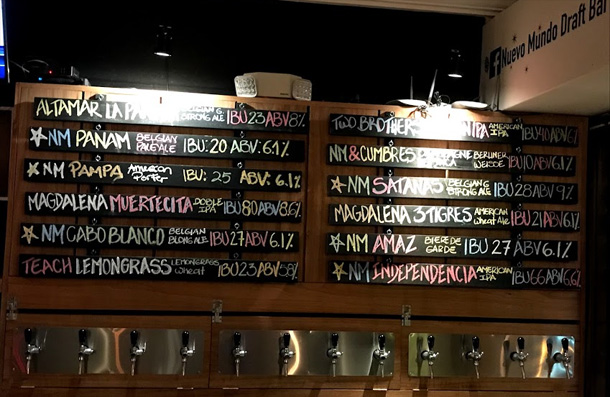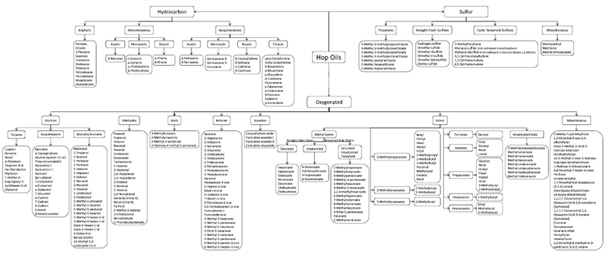 In Monday’s links I pointed to one where Martyn Cornell wrote, “Let’s be clear. There is no ‘craft beer community’, any more than there is a ‘Stella Artois community’ or a ‘Nescafe community’ or a ‘sourdough bread community’.”
In Monday’s links I pointed to one where Martyn Cornell wrote, “Let’s be clear. There is no ‘craft beer community’, any more than there is a ‘Stella Artois community’ or a ‘Nescafe community’ or a ‘sourdough bread community’.”
Boak & Bailey chose to disagree on Wednesday, writing “The Community Is Real, Even if You Don’t Go to the Meetings.”
I don’t have anything new to say, because the topic has come up more than once before (which is not to say the reminder Cornell started with is not worth the reminding). Three previous thoughts:
– There is a symbiotic relationship that develops when brewers care about what their friends will be drinking, and consumers take pride in consuming beer made by people they know. This occurs within a larger (but likely still small) community. Indeed, butchers, bakers and others whose job titles do not begin with b may develop the same relationships.
– The time Shaun Hill said, “I’m still trying to figure what the best way is to build community, or interact with the local area.” And I quoted Bowling Alone.
– It seems we had a rather lengthy discussion on this topic here nearly seven years ago, provoked, no surprise, by Alan McLeod. Do not be put off by the occasional snippy exchanges along the way, because the final comment from Jan Biega is worth your time.
(Just so you know, comments are turned off for that post, as they are for all older posts here, because they become magnets for spammers.)
 In Monday’s links I pointed to one where Martyn Cornell wrote, “Let’s be clear.
In Monday’s links I pointed to one where Martyn Cornell wrote, “Let’s be clear. 
 Why do so many beers on the menu board at the Nuevo Mondo Draft Bar in Lima, Peru, contain 6.1% alcohol by volume? Yes, that is a 6.1% Berliner Weisse on the board and elsewhere I drank a 6.1% beer called “Kolsch.”
Why do so many beers on the menu board at the Nuevo Mondo Draft Bar in Lima, Peru, contain 6.1% alcohol by volume? Yes, that is a 6.1% Berliner Weisse on the board and elsewhere I drank a 6.1% beer called “Kolsch.”